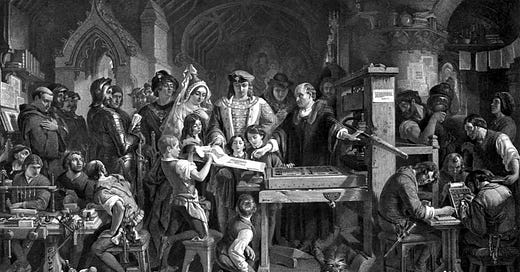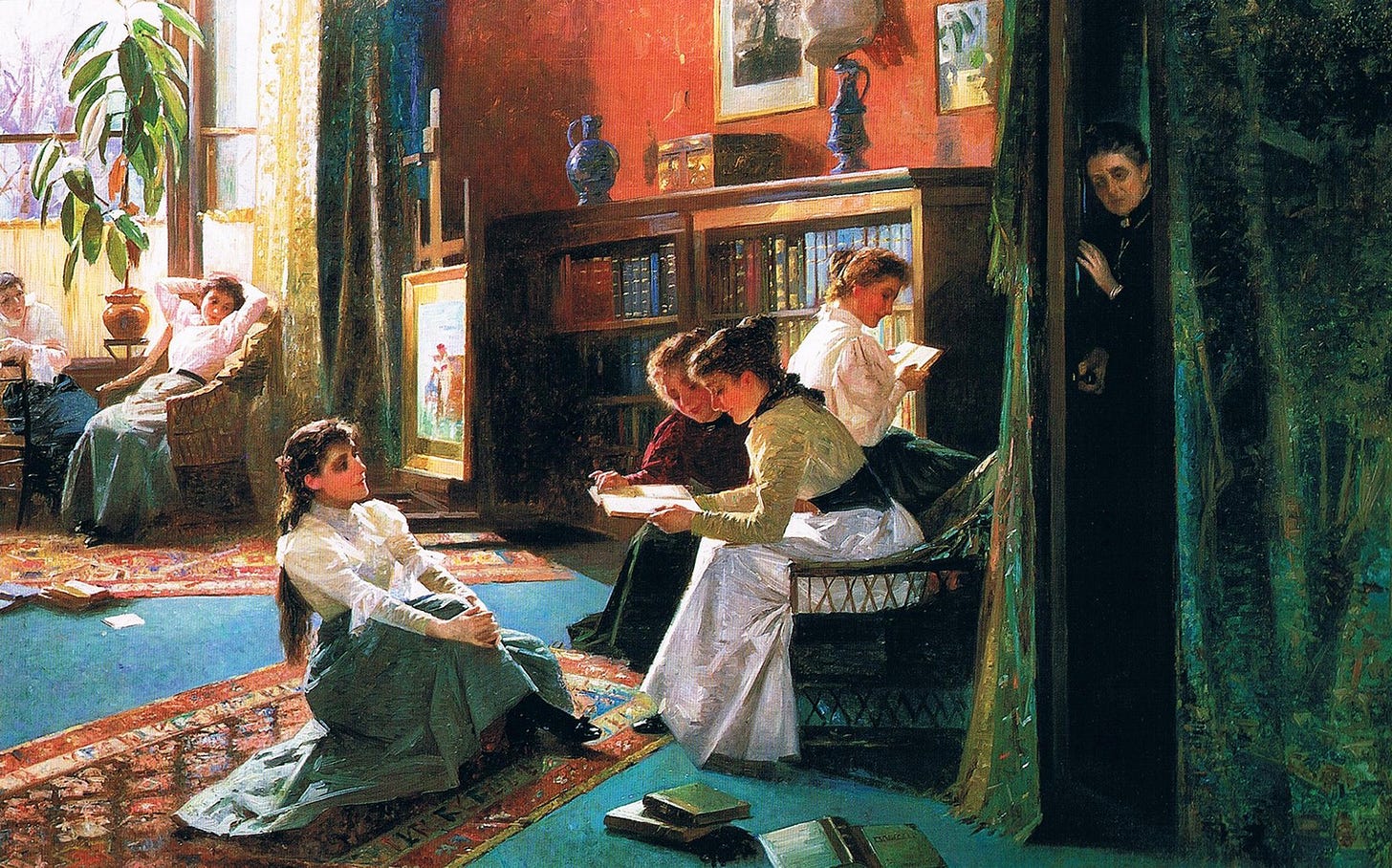The English language evolved throughout three major periods; Old English, Middle English and Modern English. During these three periods, the English language went through lexical, phonological, morphological and syntactic shifts.
Many of these linguistic changes were a result of foreign invasions, primarily Latin, Old Norse and Norman French. But it was the Great Vowel Shift which had the most extensive affect on the language. The Great Vowel Shift was a series of changes in the pronunciation of the English language that took place primarily between 1400 and 1700.1
It is not until 1362 that Middle English was used for the first time at the opening of Parliament, in the Pleading in English Act (or Statute of Pleading), and only by 1425 was Middle English widely used in England, both in writing and in speech.2 This period also coincides with the invention of the printing press in 1439.




